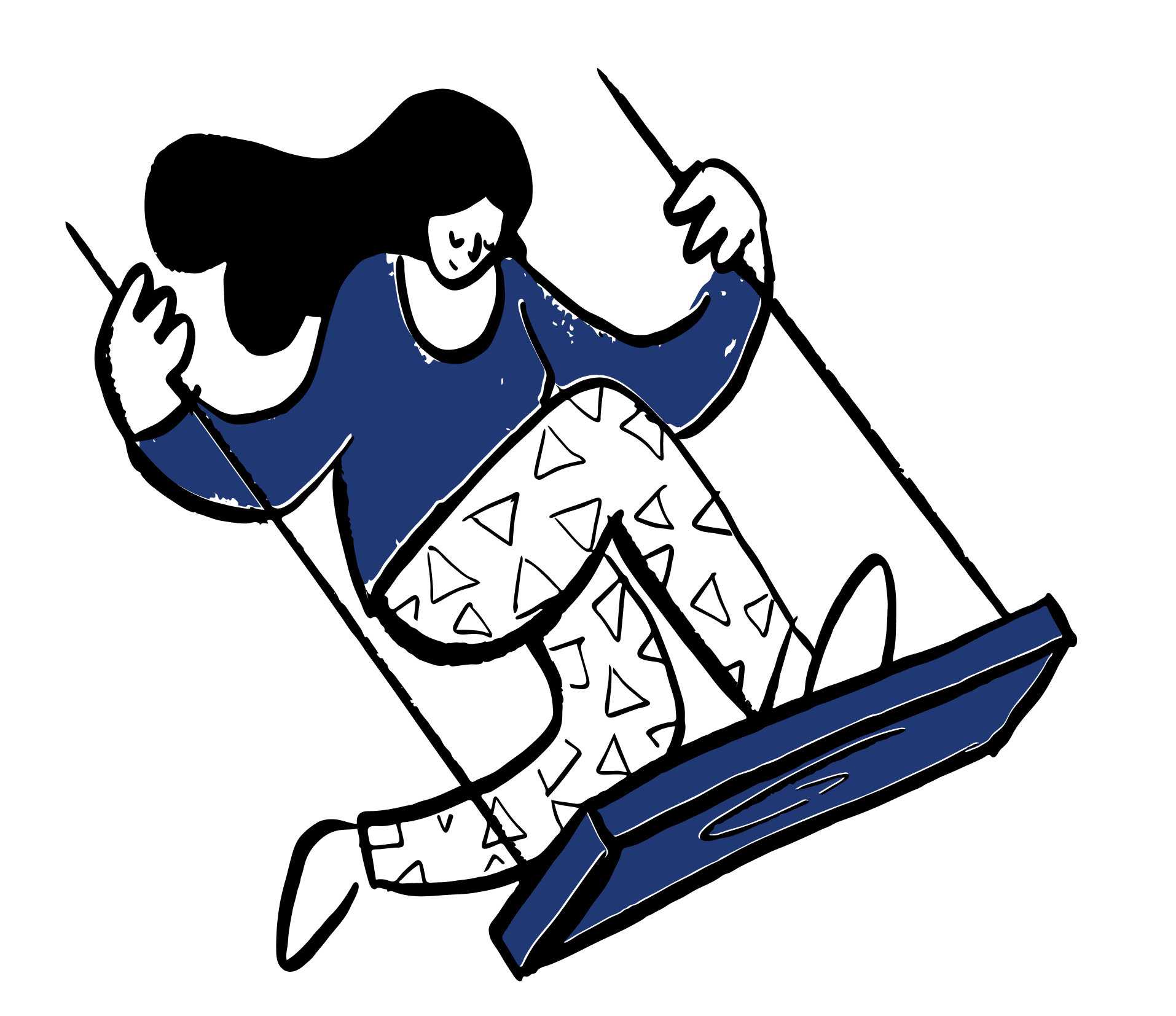What does the urge to self-harm feel like and how can it affect you?
The feelings and effects of self-harm can vary from person to person, and your experiences may be quite different from others. Getting to know what triggers your urge to self-harm, and how it helps you, can be really valuable in discovering healthier coping strategies. It's important to remember that everyone's journey is unique, so take it one step at a time.
Feelings
If you're considering self-harm, or are already engaging in it, there are certain feelings that you may be experiencing, such as:
- Shame: You may feel ashamed or embarrassed about your behaviour and may try to hide your injuries.
- Guilt: You may feel guilty about engaging in self-harm and may struggle with negative thoughts or beliefs about yourself.
- Anger: You may feel angry or frustrated with yourself or others and may use self-harm as a way to cope with these emotions.
- Relief: Self-harm can make you feel better by causing physical pain that is easier to focus on than emotional pain. This can release pleasure hormones in the brain, leaving you feeling relieved.
- Hopelessness: Self-harm can be a sign of deeper emotional distress, and you may feel hopeless or helpless about your ability to cope with your emotions.
Other feelings you might experience are:
- Numbness and disconnection from your true feelings
- Self-hatred or self-disgust
- Out of control
- Overwhelmed
- Emotionally charged
- Unseen or unheard by others
- Suicidal and wanting to show that without taking your life.

Not everyone who self-harms wants to end their life. Self-harm is usually a way to cope with or escape intense, negative emotions. However, people who self-harm are at a greater risk of dying by suicide, especially if they start to believe they can no longer control their pain. Self-harm can also be fatal, even if death wasn’t the main driver or intent.
Effects
When you self-harm, it can impact various aspects of your life, including your physical health, emotional wellbeing, and relationships with others. This can make you feel worse overall, and make it harder to cope with difficult emotions. Here are some things that might happen if you self-harm:
- Physical injuries: Depending on the type and severity of the self-harm behaviour, physical injuries can include scars, bruises, burns, cuts, broken bones, and infections.
- Infection: Self-harm can increase your risk of infection, particularly if the injuries are not properly cleaned or treated.
- Emotional distress: Self-harm can contribute to or worsen your feelings of depression, anxiety, shame, guilt, and low self-esteem.
- Relationship problems: Self-harm behaviours can strain your relationships with friends, family, and romantic partners.
- Interference with daily life: Self-harm can interfere with your daily activities, such as work or school, and can lead to difficulty functioning in everyday life.
- Risk of suicide: Although self-harm and suicide are not the same, self-harm can be a risk factor for suicidal behaviour.
You may also notice yourself:
- Avoiding body-revealing activities, like swimming or changing clothes in front of others, and wearing long-sleeved clothes to hide scars or injuries.
- Isolating yourself from others and withdrawing from social activities
- Engaging in impulsive or risky behaviours, such as drug or alcohol use or dangerous sexual behaviour.
- Collecting sharp objects or other tools that could be used for self-harm, such as razors or knives.
- Having a preoccupation with self-harm or suicide.
It’s normal to want to hide your injuries from other people to avoid being judged. But avoiding others can make you feel disconnected from society and even more alone, which can negatively impact your mental health. When you learn healthy coping strategies, you won’t be burdened by the desire to hide away anymore.
If you have scars from past injuries and they bother you, you may want to consider working with a psychologist. A psychologist can work with you to overcome your discomfort and can help you find ways to handle questions from others about your injuries.
Click here to download, save, or print our self-harm fact sheet.






